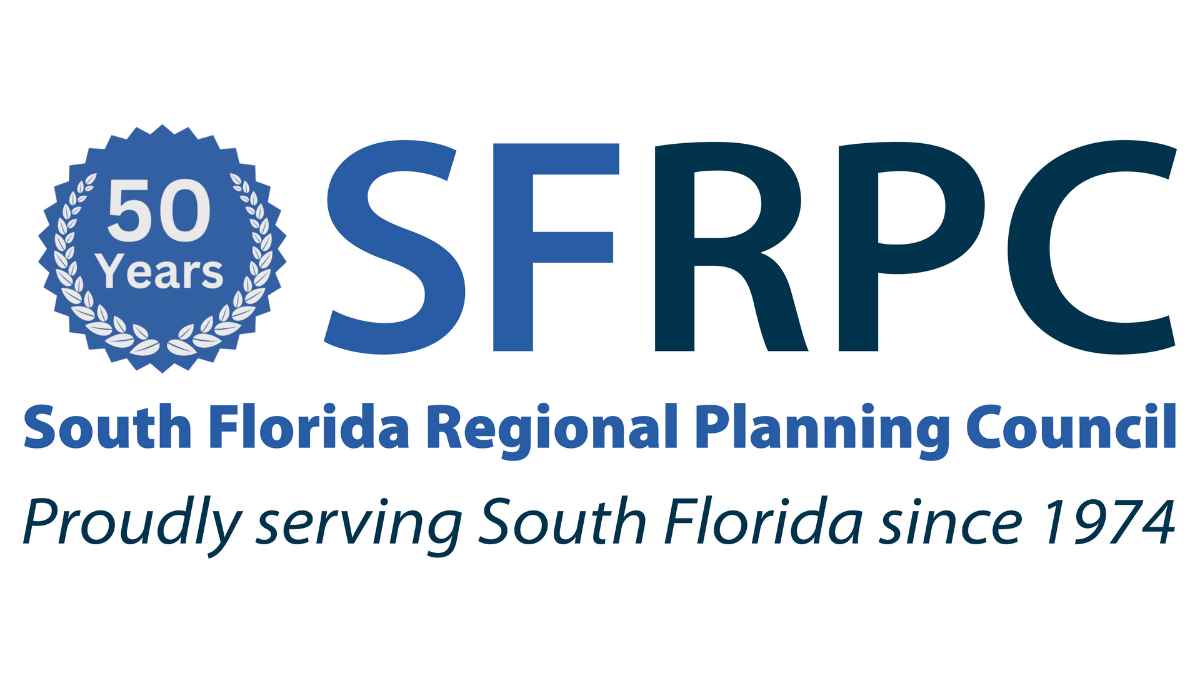Providing Affordable Housing with a Lavish Design
We are a Florida Company
Build to Budget — Designed to Impress
We are builder-developers focused on creating beautiful, attainable homes and delivering high-quality construction services across Florida. Our name, Affordably Lavish, represents our signature approach—building to budget while delivering stylish and thoughtfully designed spaces that feel lavish without the luxury price tag.
Whether we’re developing our own communities, building for other owners and developers, or transforming commercial and residential spaces, our mission remains the same: to provide exceptional design, strong craftsmanship, and budget-conscious solutions that uplift families and communities.
Our Services
We leverage donations, municipal funding, investments, public-private partnerships & economies of scale to help develop a top-quality product at a rate that working-class families can afford.
Get Involved
Learn all the ways you can help bring affordable living to deserving Florida residents and beyond
Our Impact
Describe some quality or feature of the company. Write a short paragraph about it and choose an appropriate icon.
Who is Commonly Impacted
Did you know that the lack of affordable housing impacts the everyday workforce people that serve our essential needs?
Our Approach
SOURCE
Raise and Source Funding for Housing Affordability for Low - income & Workforce Families
DEVELOP
Develop Infill Homes, Redevelop Distressed Properties, and Manage the Construction from Start to Finish
BRIDGE
Bridge Low-Income & Workforce Families to Home Ownership Programs
ADVOCATE
Educate and Advocate for the End of Our Ongoing Housing and Climate Crisis
Our Impact by The Numbers
Homes Built
Counties
Families Housed
Stay in The Know
Sign up for our Newsletter to get all the latest including:
See where we're building next
Stay up-to-date on all out latest news
Get Home Maintenance Pro-Tips & Reminders
Power Saving Strategies and much more!
Contact Us
Attention all military families!
We are committed to giving back to those who have selflessly served our country. That’s why we’re proud to offer this special financing program that requires no down payment, making homeownership more accessible and affordable for military families.









